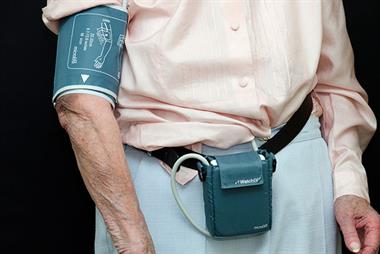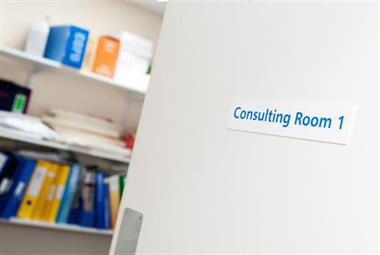According to the charity’s High Blood Pressure: How Can We Do Better? report, for every ten people diagnosed with high BP in the UK, seven more remain undiagnosed and untreated. On average, each CCG in England has 26,000 people with undiagnosed high BP, the report says.
The report also found that around one in three patients diagnosed in England, and one in five patients in Wales, have poorly controlled hypertension and are not currently treated to target.
As the UK's leading heart charity, the British Heart Foundation supports healthcare professionals in a number of ways, to help them prevent, detect, treat and manage heart and circulatory diseases in their patients.
Visit our website: www.bhf.org.uk/healthcare
This article is funded by the British Heart Foundation for GP Connect
The report provides healthcare professionals with the ‘key insights they need to improve the detection and management of high blood pressure in GP practices across the UK and at CCG level in England’, the BHF said.
Advice on improving detection
Using district-level data collated by the National Cardiovascular Intelligence Network (NCIVIN), the report sets out the challenges and opportunities for tackling high blood pressure and preventing heart and circulatory disease. It also offers practical guidance from expert GPs, nurses and pharmacists on how practices can improve detection and management of high BP.
National reports are available for England and Wales, and healthcare professionals can also drill down to regional data with CCG reports. For example, the NHS Bristol CCG report estimates 45,200 patients may be undiagnosed and untreated, while the figure for NHS Hull CCG is 28,450.
Despite clear advances in treatments in recent years and premature deaths from cardiovascular disease falling, heart and circulatory disease remains one of the UK’s biggest killers, accounting for one in four deaths, the BHF said.
'Early detection of hypertension is now one of the most obvious and pressing challenges for the healthcare sector. Better condition management is also a priority in patients who have received a diagnosis,' said Jenny Hargrave, BHF’s director of innovation in health and wellbeing.
'It’s imperative that professionals from right across the healthcare system adopt a joined-up approach and remain fully up-to-date with the latest insights and best practice.'













